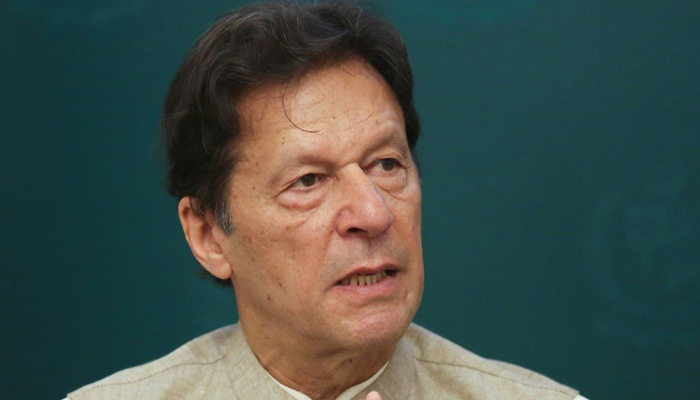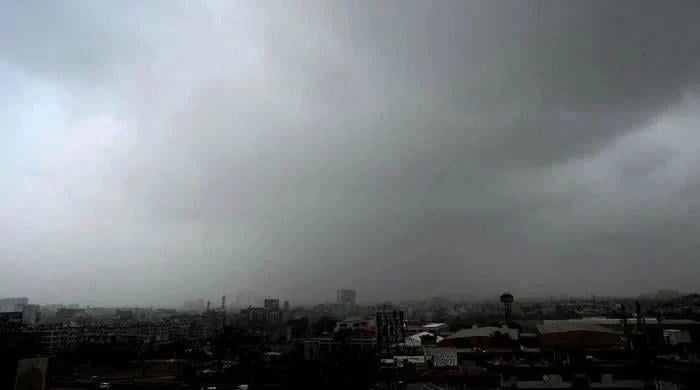HRW urges govt to respect democratic process in no-confidence vote
"Situation risks spiraling into a dangerous confrontation [...] Pakistan’s democratic institutions are facing new threat," HRW says
March 17, 2022

- HRW calls on govt, Opposition to refrain from violence.
- It says govt has responsibility to uphold constitution.
- Parliamentary voting is a core democratic principle, it notes.
The Pakistani government has a responsibility to uphold the constitution and allow for voting without threats or violence on the no-confidence motion, the Human Rights Watch (HRW) said Wednesday.
HRW Associate Asia Director Patricia Gossman, in a statement, said both — the government and Opposition — should send a "strong message" to their supporters not to subvert the democratic process or sway the vote through intimidation or other criminal acts.
Opposition submitted a no-confidence motion in the parliament on March 8, seeking the removal of Prime Minister Imran Khan from office. The voting on the no-trust motion in the National Assembly is expected to take place on March 28.
Read more: PPP says govt planning to attack Islamabad's Sindh House
Following this, government officials responded by threatening violence and briefly detaining two members of parliament.
Islamabad police had on March 10 stormed the Parliament Lodges, detained two opposition JUI-F MPs along with several other opposition activists.
The police alleged that volunteers from the JUI-F had entered the apartments without permission. All were released within hours.
Four days later, Federal Minister Ghulam Sarwar Khan threatened to “blow up the opposition in a suicide attack.” Shahbaz Gill, a special assistant to the prime minister, said that photographs of “traitors” — meaning any member of PM Imran Khan’s PTI party who votes against him — would be displayed in cities so people could identify them.
Read more: Reach Islamabad to show you stand with the truth, PM Imran Khan tells nation
Information Minister Fawad Chaudhry suggested that “one million” supporters would come to Islamabad on voting day and warned that anyone who wishes to vote against Khan would “have to pass through these people on their way in and out of the Parliament building.”
In response, the Pakistan Democratic Movement (PDM) called on its own supporters to also gather in Islamabad, setting the stage for a potentially violent confrontation.
"The situation risks spiraling into a dangerous confrontation [...] Pakistan’s democratic institutions are facing a new threat," the HRW's Gossman said.
Parliamentary voting is a core democratic principle and attempts to obstruct it risk further undermining an institution vital to representative government and the rule of law, she noted.









